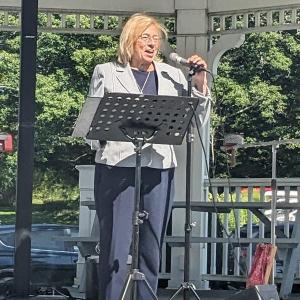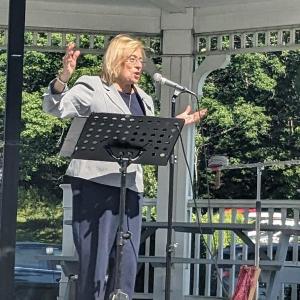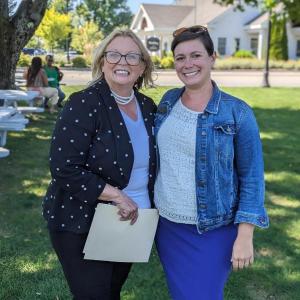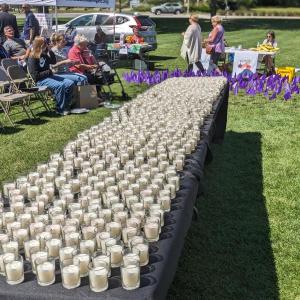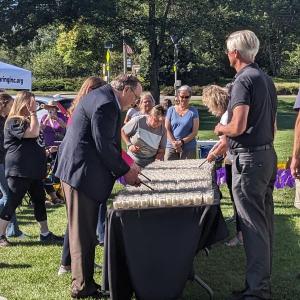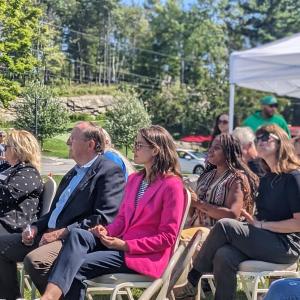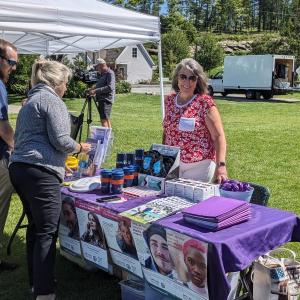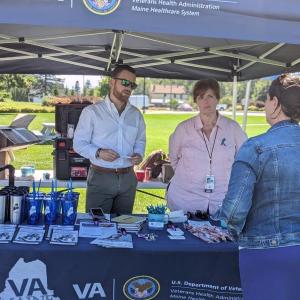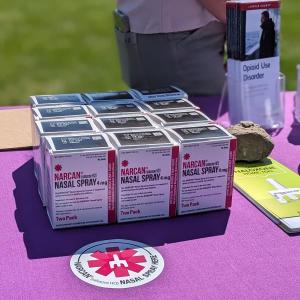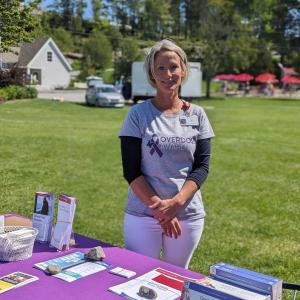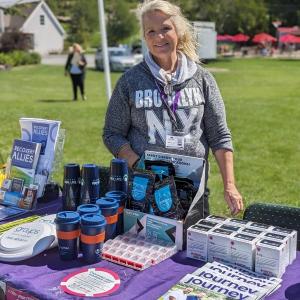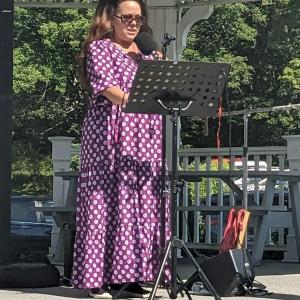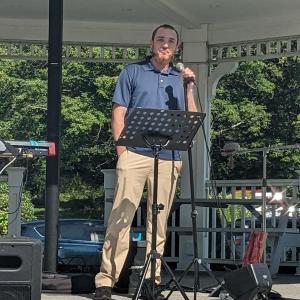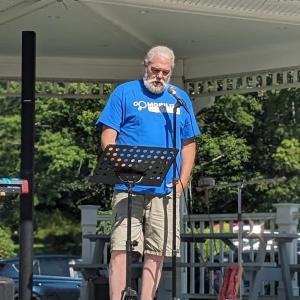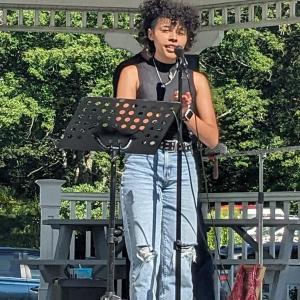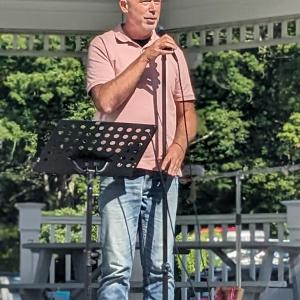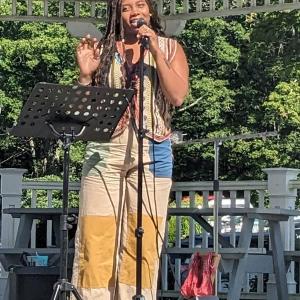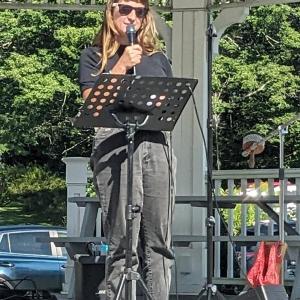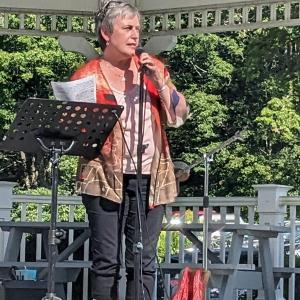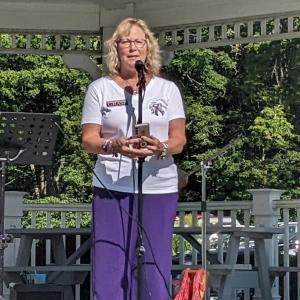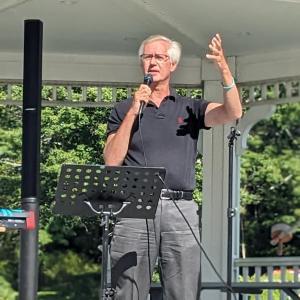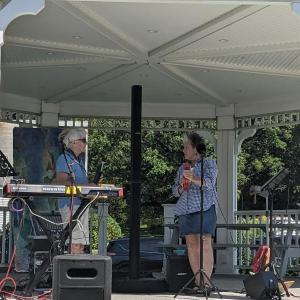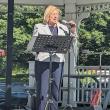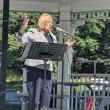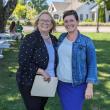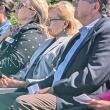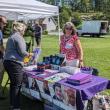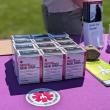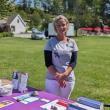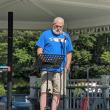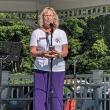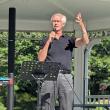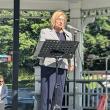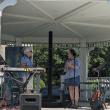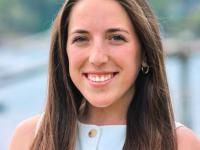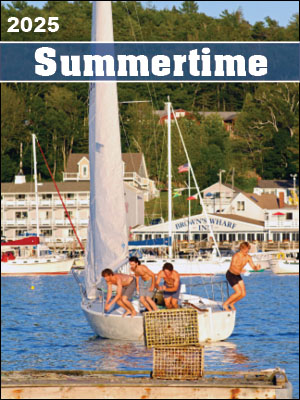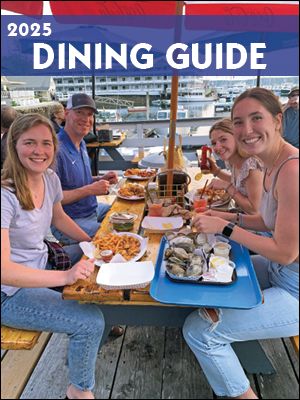‘We stand in remembrance’: Mills speaks in Boothbay about overdoses in Maine
 Gov. Janet Mills on International Overdose Awareness Day in Boothbay Common. CANDI JONETH/Boothbay Register
Gov. Janet Mills on International Overdose Awareness Day in Boothbay Common. CANDI JONETH/Boothbay Register
 CANDI JONETH/Boothbay Register
CANDI JONETH/Boothbay Register
 State House Rep. Holly Stover, left, and State Sen. Cameron Reny. CANDI JONETH/Boothbay Register
State House Rep. Holly Stover, left, and State Sen. Cameron Reny. CANDI JONETH/Boothbay Register
 CANDI JONETH/Boothbay Register
CANDI JONETH/Boothbay Register
 CANDI JONETH/Boothbay Register
CANDI JONETH/Boothbay Register
 CANDI JONETH/Boothbay Register
CANDI JONETH/Boothbay Register
 CANDI JONETH/Boothbay Register
CANDI JONETH/Boothbay Register
 CANDI JONETH/Boothbay Register
CANDI JONETH/Boothbay Register
 CANDI JONETH/Boothbay Register
CANDI JONETH/Boothbay Register
 CANDI JONETH/Boothbay Register
CANDI JONETH/Boothbay Register
 CANDI JONETH/Boothbay Register
CANDI JONETH/Boothbay Register
 CANDI JONETH/Boothbay Register
CANDI JONETH/Boothbay Register
 Jenny Jordan sings to honor her son Stevie, who died in 2019 from overdose. CANDI JONETH/Boothbay Register
Jenny Jordan sings to honor her son Stevie, who died in 2019 from overdose. CANDI JONETH/Boothbay Register
 Nick Loscocco. CANDI JONETH/Boothbay Register
Nick Loscocco. CANDI JONETH/Boothbay Register
 Steven Knockwood, deputy organizing director of Maine Recovery Advocacy Project. CANDI JONETH/Boothbay Register
Steven Knockwood, deputy organizing director of Maine Recovery Advocacy Project. CANDI JONETH/Boothbay Register
 Imij Armstead. CANDI JONETH/Boothbay Register
Imij Armstead. CANDI JONETH/Boothbay Register
 Brian Townsend, executive director of commonspace. CANDI JONETH/Boothbay Register
Brian Townsend, executive director of commonspace. CANDI JONETH/Boothbay Register
 Rae Sage. CANDI JONETH/Boothbay Register
Rae Sage. CANDI JONETH/Boothbay Register
 Abigail Boudin. CANDI JONETH/Boothbay Register
Abigail Boudin. CANDI JONETH/Boothbay Register
 Char Corbett, executive director of Healthy Kids. CANDI JONETH/Boothbay Register
Char Corbett, executive director of Healthy Kids. CANDI JONETH/Boothbay Register
 Sharon Bailey, GRASP and ME Team Sharing leader, and mother of Matthew, who died in 2012 of overdose. CANDI JONETH/Boothbay Register
Sharon Bailey, GRASP and ME Team Sharing leader, and mother of Matthew, who died in 2012 of overdose. CANDI JONETH/Boothbay Register
 Pastor Todd Weir. CANDI JONETH/Boothbay Register
Pastor Todd Weir. CANDI JONETH/Boothbay Register
 CANDI JONETH/Boothbay Register
CANDI JONETH/Boothbay Register
 Boogie2Shooz. CANDI JONETH/Boothbay Register
Boogie2Shooz. CANDI JONETH/Boothbay Register
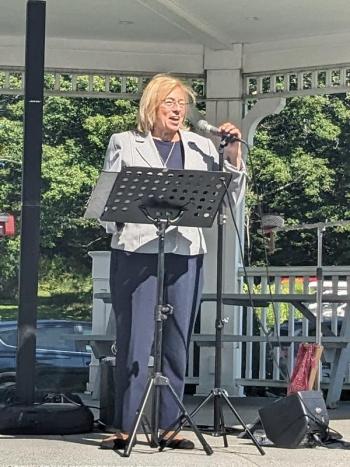 Gov. Janet Mills on International Overdose Awareness Day in Boothbay Common. CANDI JONETH/Boothbay Register
Gov. Janet Mills on International Overdose Awareness Day in Boothbay Common. CANDI JONETH/Boothbay Register
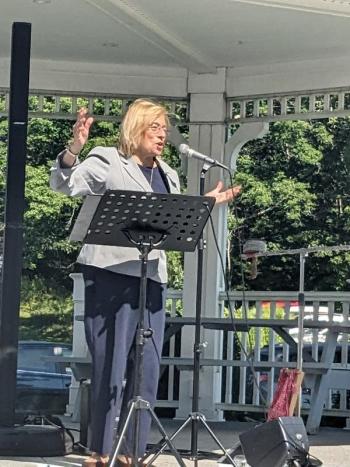 CANDI JONETH/Boothbay Register
CANDI JONETH/Boothbay Register
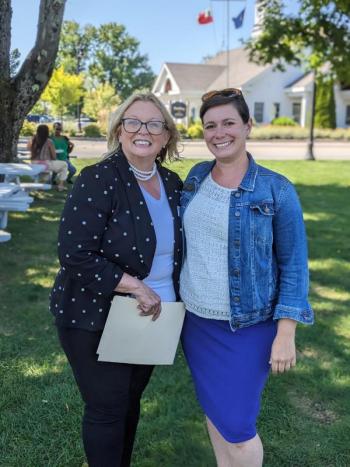 State House Rep. Holly Stover, left, and State Sen. Cameron Reny. CANDI JONETH/Boothbay Register
State House Rep. Holly Stover, left, and State Sen. Cameron Reny. CANDI JONETH/Boothbay Register
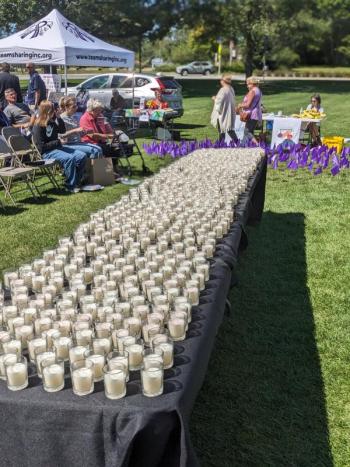 CANDI JONETH/Boothbay Register
CANDI JONETH/Boothbay Register
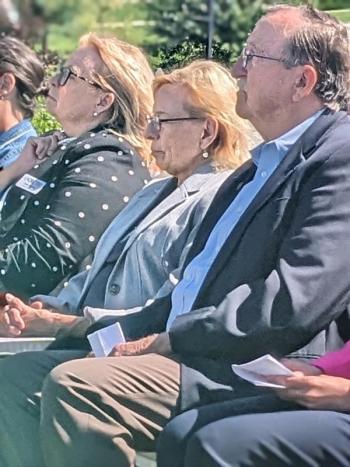 CANDI JONETH/Boothbay Register
CANDI JONETH/Boothbay Register
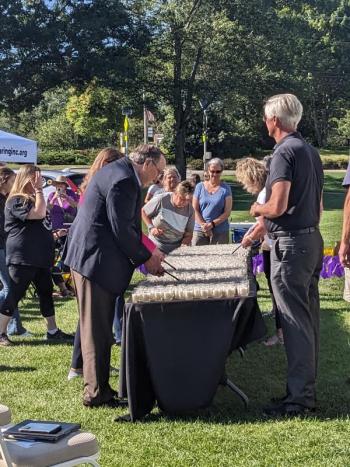 CANDI JONETH/Boothbay Register
CANDI JONETH/Boothbay Register
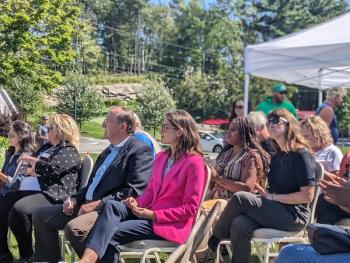 CANDI JONETH/Boothbay Register
CANDI JONETH/Boothbay Register
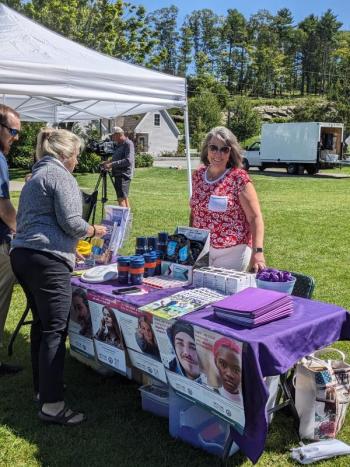 CANDI JONETH/Boothbay Register
CANDI JONETH/Boothbay Register
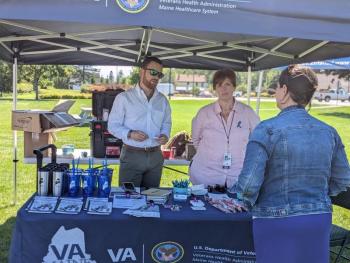 CANDI JONETH/Boothbay Register
CANDI JONETH/Boothbay Register
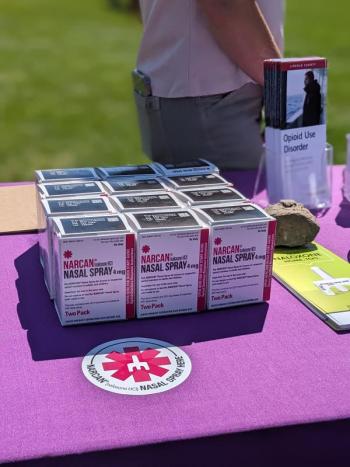 CANDI JONETH/Boothbay Register
CANDI JONETH/Boothbay Register
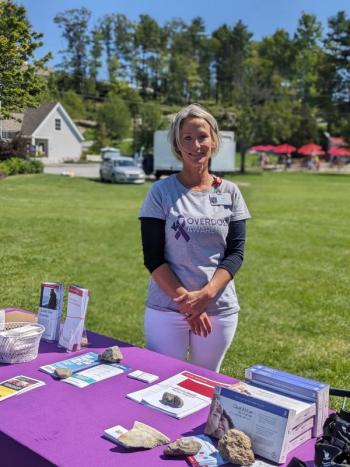 CANDI JONETH/Boothbay Register
CANDI JONETH/Boothbay Register
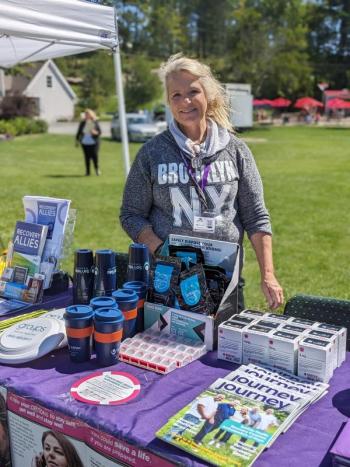 CANDI JONETH/Boothbay Register
CANDI JONETH/Boothbay Register
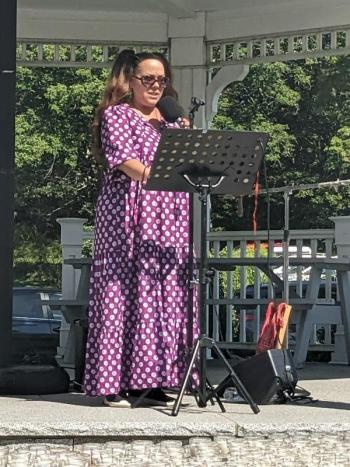 Jenny Jordan sings to honor her son Stevie, who died in 2019 from overdose. CANDI JONETH/Boothbay Register
Jenny Jordan sings to honor her son Stevie, who died in 2019 from overdose. CANDI JONETH/Boothbay Register
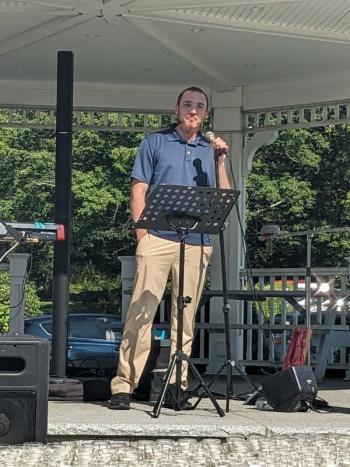 Nick Loscocco. CANDI JONETH/Boothbay Register
Nick Loscocco. CANDI JONETH/Boothbay Register
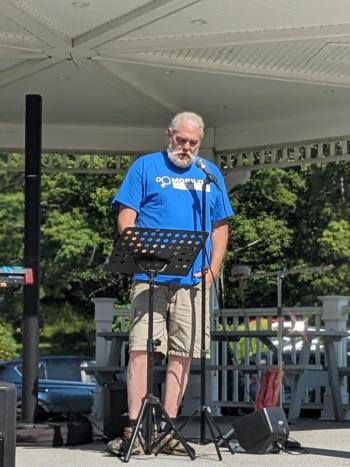 Steven Knockwood, deputy organizing director of Maine Recovery Advocacy Project. CANDI JONETH/Boothbay Register
Steven Knockwood, deputy organizing director of Maine Recovery Advocacy Project. CANDI JONETH/Boothbay Register
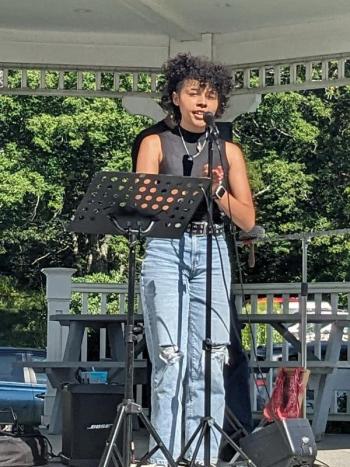 Imij Armstead. CANDI JONETH/Boothbay Register
Imij Armstead. CANDI JONETH/Boothbay Register
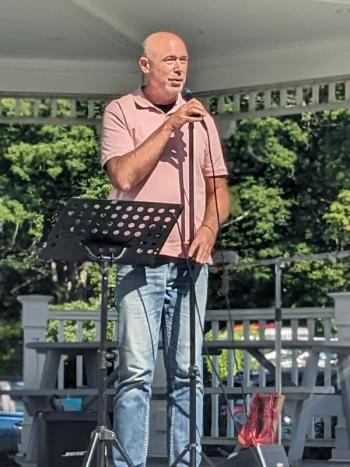 Brian Townsend, executive director of commonspace. CANDI JONETH/Boothbay Register
Brian Townsend, executive director of commonspace. CANDI JONETH/Boothbay Register
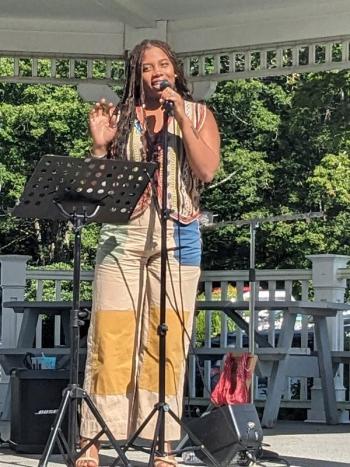 Rae Sage. CANDI JONETH/Boothbay Register
Rae Sage. CANDI JONETH/Boothbay Register
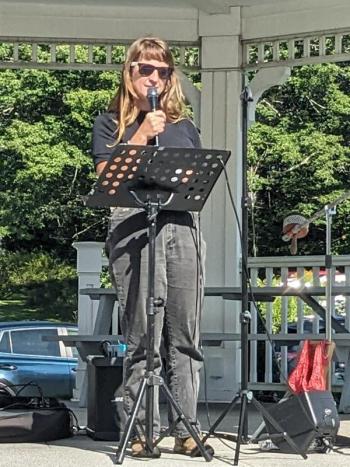 Abigail Boudin. CANDI JONETH/Boothbay Register
Abigail Boudin. CANDI JONETH/Boothbay Register
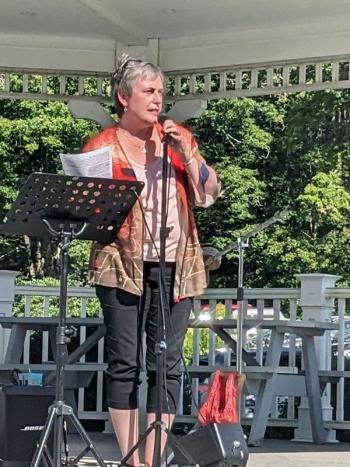 Char Corbett, executive director of Healthy Kids. CANDI JONETH/Boothbay Register
Char Corbett, executive director of Healthy Kids. CANDI JONETH/Boothbay Register
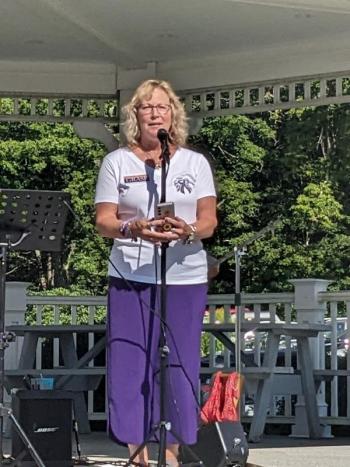 Sharon Bailey, GRASP and ME Team Sharing leader, and mother of Matthew, who died in 2012 of overdose. CANDI JONETH/Boothbay Register
Sharon Bailey, GRASP and ME Team Sharing leader, and mother of Matthew, who died in 2012 of overdose. CANDI JONETH/Boothbay Register
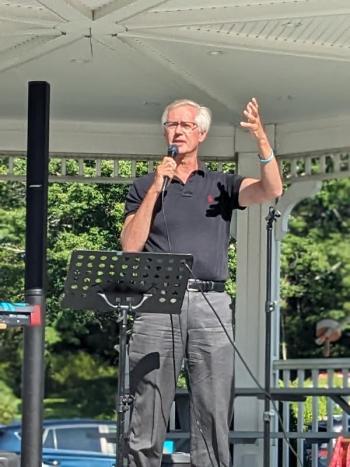 Pastor Todd Weir. CANDI JONETH/Boothbay Register
Pastor Todd Weir. CANDI JONETH/Boothbay Register
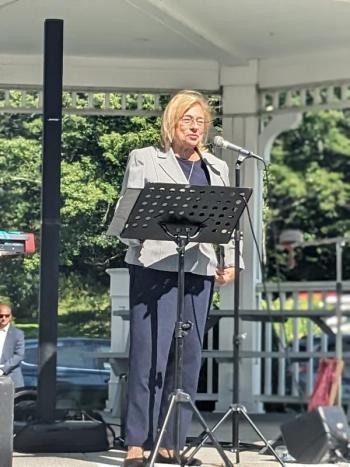 CANDI JONETH/Boothbay Register
CANDI JONETH/Boothbay Register
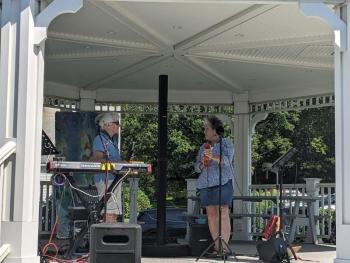 Boogie2Shooz. CANDI JONETH/Boothbay Register
Boogie2Shooz. CANDI JONETH/Boothbay Register
“We stand in remembrance,” began Gov. Janet Mills as she addressed a crowd of about 100 people in Boothbay, Thursday Aug. 31, on International Overdose Awareness Day. Mills’ speech was in conjunction with the 716 Candles Project, hosted by Healthy Lincoln County, to provide information and resources for those struggling with substance use disorder (SUD) and to support those who have lost loved ones.
After words of consolation and sympathy, Mills went straight to data. Out of 10,110 reported overdoses in Maine last year, 716 died. That is up 13% from 2021. Through June of this year, she reported, Maine has already had over 5,000 overdoses and 300 deaths. “These numbers and troubling and unacceptable.” Trends from 2022 show month over month increases in the fourth quarter; the reason for the spike in late year is unknown.
“New drugs have changed the epidemic,” said Mills. Fentanyl now leads the nation and Maine in drug deaths, responsible for 80%, she said. And Mills said Xylazine, a powerful sedative approved for use by veterinarians, is now lacing fentanyl and is not remedied by NARCAN or naloxone.
Mills is known for, including her time as Attorney General, equipping first responders with NARCAN to increase survival rates from overdoses. According to Mills, there have been 8,000 lifesaving incidents by trained bystanders during her administration. She further reported increasing doses of naloxone by 25,000 and training hundreds in recovery centers and outreach workers, serving over 600 people. Additionally, Maine is developing and distributing xylazine test-strips, allowing users to test for the lethal sedative prior to use.
Mills encouraged everyone to understand resources available at KnowYourOptions.me
State Sen. Cameron Reny and State House Rep. Holly Stover attended the event. “The need is great, and the services are few,” said Stover. “Lincoln County is a service desert,” she said referring to specialized services such as SUD paths to wellness and psychiatric ACT (assertive community treatment) teams. Detox residential treatment beds are few and health insurance dependent; often those in need cannot get transportation to the closest facility.
716 Candles Project stakeholder Peter Bruun commented on the lack of a support network for those in crisis, including the families of addicts. “There are no recovery houses, no community of support. You can always call Holly (Stover), but Holly is one person, not a network of support.”
"People are dying, families are devastated, our community is in pain, and nobody is talking about it. That's a problem,” said Bruun. “Just in the past week, four people who have suffered in silence over losing a spouse or child to overdose have contacted me, saying how they did not know where to go with all they are carrying alone, and 716 Candles is giving them a place to express themselves, to feel seen and heard. It's beautiful really, this coming together as a collective of fellowship and compassion. That's what we really want: a world less judgmental and more caring. If I wanted something long-lasting from this project, that would be it, and it's happening."
Will Matteson, substance use prevention coordinator for Healthy Lincoln County, referred to SUD as an “environmental hazard.”
“It’s not a lack of moral character or willpower, but quite literally chemical compounds we consider toxins – and there are so many reasons why people turn to them.” Matteson sees the Twin Villages of Damariscotta and Newcastle becoming a regional hub for wellness. Healthy Lincoln County, MaineHealth’s MidCoast Hospital Addiction Resource Center, and commonspace’s new peer recovery center (formerly Harbor Peer & Wellness Center in Boothbay Harbor), combined provide a robust range of services. “But we need to get the word out,” he said. “We’ve got to solve transportation problems.”
Brian Townsend, executive director of commonspace, introduced Rae Sage, Nick Loscocco and Abigail Boudin, who shared their stories of getting sober and spoke of the peer counseling services they look forward to providing.
Additional speakers included Deputy Organizing Director of the Maine Recovery Advocacy Project Steven Knockwood; Larissa Hannan, director of Healthy Lincoln County; Tracye Davis, medical center director of VA Maine Healthcare System; Char Corbett, executive director of Healthy Kids; Sharon Bailey, GRASP and ME Team Sharing leader. Bailey asked members of the audience to stand if they had experienced a loss in their family to overdose. About half the attendees stood.
Pastor Todd Weir concluded the event with words of hope and encouragement for struggling today, and condolences for those no longer with us. During his talk, members of the crowd rose to light the 716 candles on the display stage.
Music was provided by Boogie2Shooz, Jenny Jordan, Imij Armstead and Lauren Crosby. Vendor tables offered demonstrations on administering NARCAN, using Deterra bags to dispose of unused medicine, and provided information on resources.

